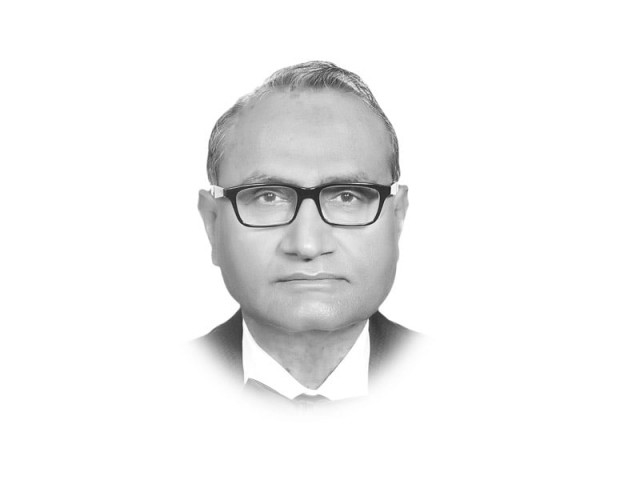A Customs-made mini-budget
Reforming the tax structure was never on the PML-N agenda

The writer is a senior political economist based in Islamabad

Traders can rest assured that no one is coming after them, deadlines or no deadlines. The public at large and the media will tire themselves out soon by debating what is, or not, a luxury item. There are hundreds, if not thousands, to look at. Just to collect Rs40 billion in taxes — about half of what was collected in customs duties in the first quarter of the current fiscal year — the new team has an elaborate plan: five to 10 per cent regulatory duty on 61 exempted items, an increased regulatory duty from 10 to 15 per cent on 289 items and a one per cent additional duty on several thousand items.
The entire tariff structure has been disturbed without, apparently, any study of distortions that might re-emerge after the sudden rollback of the tariff reform started in the 1990s. Ironically, it took an IMF condition for the release of a tranche of around Rs53 billion. The performance criteria on fiscal deficit and the indicative target on tax revenue were missed. All other explanations are afterthoughts. The sudden aversion to luxuries should have been translated into taxing the incomes of those living in luxury. The appeal to Operation Zarb-e-Azb is opportunistic and the concern for IDPs is no more than a TDP — Temporarily Devised Potshot. (An HRCP consultation in Islamabad the other day brought out the heart-rending details of the neglect of what essentially are cases of state-sponsored displacement.)
Blaming falling commodity prices for rising imports and forgetting the costly mismanagement of the exchange rate is ridiculous, to say the least. Dropping a few silly projects would have easily raised the required Rs40 billion to contain the fiscal deficit. Pakistan’s MDG programme and the Community Development Programme, which enjoyed a hefty release of Rs20 billion, is just one example. Post 18th Amendment, the federal government has no business entering the provincial domain. It should also have avoided risking reigniting inflation through taxes that instantly translate into increased prices. With our own peculiar market ethic, the increase is invariably more than proportionate. The fact that half of the sales tax originates in imports will likely provide further inflationary fuel. For the purposes of sales tax, the value of supply includes import and excise duties.
Reforming the tax structure was never on the PML-N agenda. Not a single concrete policy measure has been taken in this direction since June 2013. In the middle of the term, it cannot be expected to bear the high political cost of reform. The IMF knows this. Both sides are now only interested in the completion of the programme. The government will be able to claim that it is not a one-tranche government. The IMF will have its money back. It is a win-win for the two sides. Taking liberties with poet Alexander Pope is all we can do: For forms of economic reform, let fools contend/ whate’er is best administer’d by revenue-cracy is best.
Published in The Express Tribune, December 4th, 2015.
Like Opinion & Editorial on Facebook, follow @ETOpEd on Twitter to receive all updates on all our daily pieces.













COMMENTS
Comments are moderated and generally will be posted if they are on-topic and not abusive.
For more information, please see our Comments FAQ